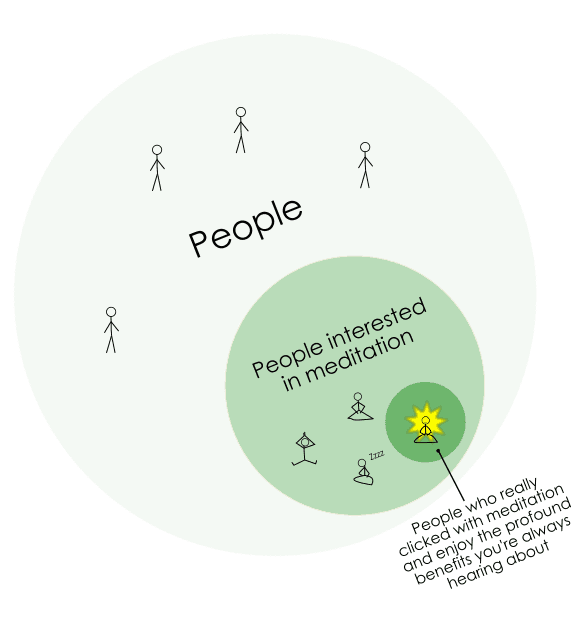Trumping Anxiety
Playfulness outcompetes worry and anxiety.
Most people find it hard to worry less, so the way out is to find something playful to do, a distraction or a hobby, or get into mindfulness meditation.
109
553 reads
CURATED FROM
IDEAS CURATED BY
The idea is part of this collection:
Learn more about personaldevelopment with this collection
The value of hard work and persistence
How to stay focused on long-term goals
How to learn from failures and setbacks
Related collections
Similar ideas to Trumping Anxiety
7 Things You Need To Understand About Anxiety And Depression
No, we are not over yet. After discussing the topic with my friend’s Dad (he is a doctor), I’ve made a list of things you need to understand and avoid anxiety attacks (hard to breathe moments).
- Think of your anxiety as a biological problem, rather than thinking there is something wron...
Coping With Anxiety
Fear of the unknown, causing anxiety, can be helped by deep breaths or just a reminder that uncertainty is a part of life.
Practicing mindfulness (or meditation), focusing on the present moment, can relieve symptoms of anxiety.
Meditation Is an Internal Skill
The main stumbling block for most people is the mastery of the skill of meditation. Meditation cannot be compared to any form of exercise or hobby as it is an internal skill.
Most people get some benefits out of meditation, but it is not transformative. We have to learn it by ours...
Read & Learn
20x Faster
without
deepstash
with
deepstash
with
deepstash
Personalized microlearning
—
100+ Learning Journeys
—
Access to 200,000+ ideas
—
Access to the mobile app
—
Unlimited idea saving
—
—
Unlimited history
—
—
Unlimited listening to ideas
—
—
Downloading & offline access
—
—
Supercharge your mind with one idea per day
Enter your email and spend 1 minute every day to learn something new.
I agree to receive email updates

